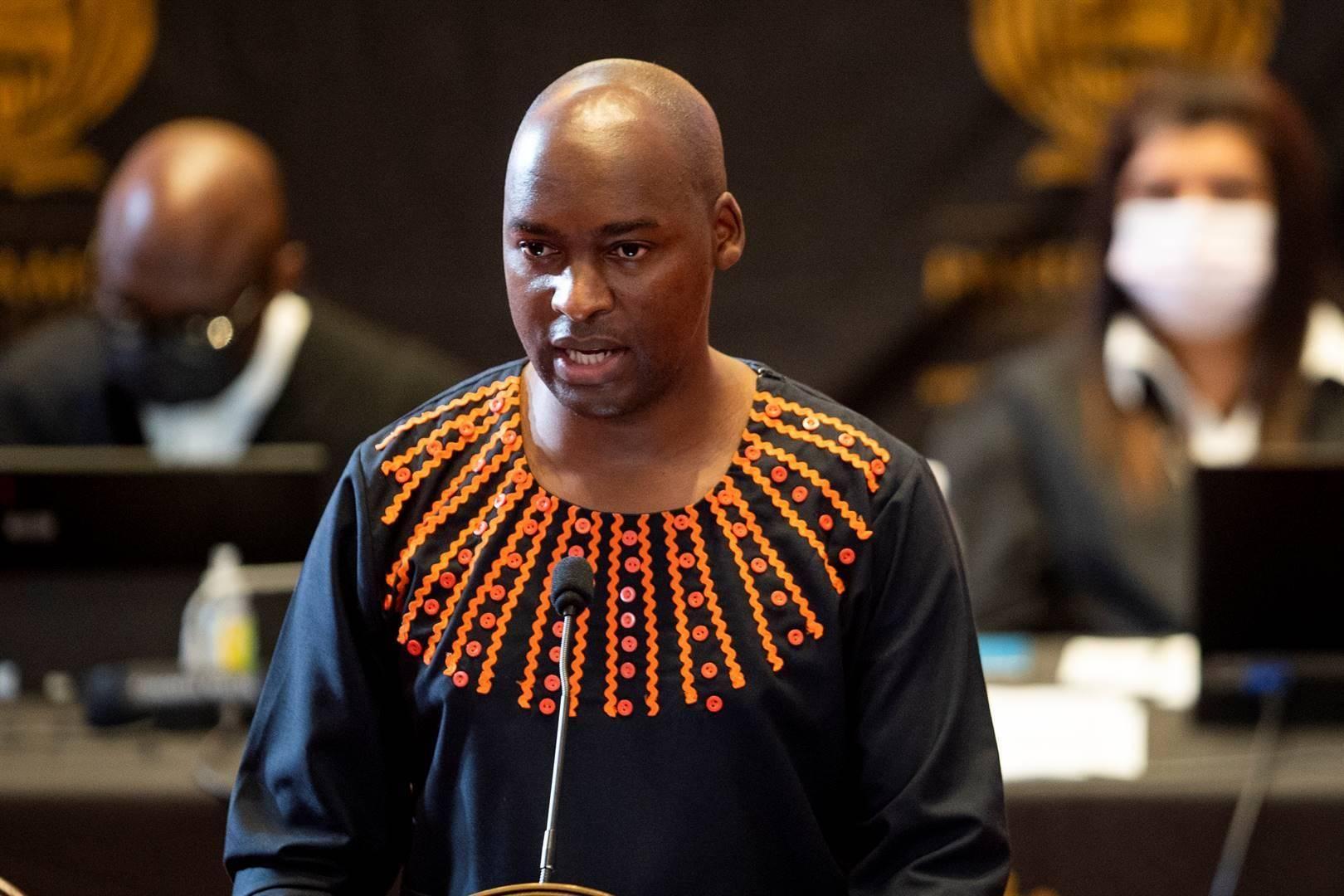Africa-Press – South-Africa. The Western Cape High Court dismissed the ATM’s application to review and set aside National Assembly’s decision not to proceed with impeachment proceedings against President Cyril Ramaphosa over Phala Phala.
It was ATM leader Vuyolwethu Zungula who brought a motion in terms of Section 89 of the Constitution for Ramaphosa’s removal in June, days after the former director-general at the State Security Agency and former commissioner of correctional services, Arthur Fraser, opened a kidnapping and money laundering case against Ramaphosa, Presidential Protection Unit head Major-General Wally Rhoode, and Crime Intelligence members for allegedly concealing a burglary at the president’s Phala Phala farm in February 2020.
According to Fraser’s affidavit, Ramaphosa had at least $4 million in cash stashed in a couch at his game farm – and then played a part in a cover-up following an allegedly illegal investigation into the matter.
As required, National Assembly Speaker Nosiviwe Mapisa-Nqakula established an independent panel, headed by former Chief Justice Sandile Ngcobo, which found that Ramaphosa had a prima facie case to answer regarding the theft of foreign currency at his Phala Phala game farm.
As it did when it brought an aborted motion of no confidence against Ramaphosa earlier in the year, the ATM insisted that the vote should be by secret ballot. Mapisa-Nqakula didn’t accede to this demand, which was echoed by the EFF, citing that there weren’t extraordinary circumstances warranting a secret ballot and that Parliament must conduct its work with transparency.
On the day of the vote, 13 December, only five ANC MPs broke ranks, and the motion was defeated.
The ATM then headed to court, attacking the legality of Mapisa-Nqakula’s decision not to allow a secret ballot for the vote.
A full bench consisting of Judges Andre la Grange, Ashley Binns-Ward and Daniel Thulare handed down their judgment on Wednesday.
“The contention that the Assembly was ‘straightjacketed’ by the Speaker’s determination appears to us to be unfounded. The National Assembly’s rules are silent on the issue of whether a vote on any question related on a motion in terms of s89 of the Constitution to remove the President from office should be by open or secret ballot,” reads the ruling.
“It is inconceivable that if the Speaker made a determination on voting procedure unacceptable to the Assembly, it could not overrule her. The Speaker could not force the Assembly to vote on the resolution. By proceeding with the vote all the participating members of the Assembly submitted to the Speaker’s determination.”
“The obligation on members to respect and uphold the constitution demands of them to conduct themselves mindful of their collective duty, in terms of s 59 of the Constitution, to ensure that the National Assembly conducts its business in an open manner and holds its sittings and those of committees in public save when there is good reason to exclude public access.”
With the principle of separation of powers in mind, the court stated it could only intervene in parliamentary procedures when there were “substantial breaches of the constitutional order”.
“To impugn a resolution of the National Assembly adopted in an open vote it would have to be demonstrated that the members’ voting rights were not exercised in the manner contemplated by the Constitution. The validity of the votes exercised by the members of the National Assembly is not dependent on the Speaker’s decision whether the ballot should be open or secret.
“Establishing that members cast their votes in accordance with the directions of the political party to which they belonged would not be sufficient, by itself, to establish that their voting rights were not effectively exercised.”
The court also found that a “death threat” against one of the 400 members of the National Assembly didn’t “provide a sufficient basis for the court to intervene by invalidating a resolution adopted by the legislature”.
“As it was, the person in question, Mr Mervyn Dirks of the ANC, disregarded party instructions and voted in favour of accepting the independent panel’s report.”
The court said the only basis on which the ATM sought to impugn the National Assembly’s resolution not the accept the independent panel’s report, was the speaker’s alleged illegal decision not to allow a secret ballot. The court did not find this to be a sufficient basis to set aside the resolution, and therefore the ATM’s challenge to the speaker’s decision is “manifestly moot”.
Besides, they considered the ATM’s challenges to the speaker’s decision “were in any event bad”.
“The ATM’s attacks on the Speaker’s decisions appear to us to be premised on a cherry-picking analysis of the Speaker’s letters and statements,” the judges ruled.
“The Speaker’s reasons show that she considered the broad conspectus of prevailing circumstances and weighed them with the pertinent constitutional values and provisions in mind.
“We are also unpersuaded by the ATM’s criticism of the Speakers’ decisions because of the weight that she applied to the principle of openness in arriving at them. In our judgement, nothing in the evidence supports the ATM’s allegation that the Speaker acted in bad faith.”
The court dismissed the ATM’s application with costs.
The judges also dismissed the ATM application to review and set aside Mapisa-Nqakula’s decision to have an open ballot for the March 2022 motion of no confidence, also with costs.
For More News And Analysis About South-Africa Follow Africa-Press






